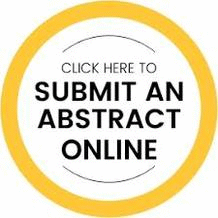
Ivan Pigarev
Russian Academy of Sciences, Russia
Title: Possible mechanism of antiepileptic effect of the vagus nerve stimulation in the context of recent results in sleep research
Biography
Biography: Ivan Pigarev
Abstract
Vagus nerve stimulation is widely used for seizure prevention in otherwise incurable epilepsy. Vagus nerve is engaged in bidirectional information transfer between internal organs and the brain, but how activity of the visceral pathways may be related to paroxysmal events in the brain remained unclear. It has been recently shown that during sleep signals from internal organs are directed towards all areas of the cerebral cortex for comprehensive analysis and restoration of body functionality. Visceral organs often have rhythmic activity and neuronal messages from such organs to the cerebral cortex are also rhythmic. Epileptogenic effect of rhythmic sensory stimulation is well known. Thus it is possible that during developing sleep and in deep sleep rhythmic visceral afferentation may provoke paroxysmal activity in cerebral cortex. Stimulation of vagus nerve can change the frequency of this seizure-promoting activity of internal organs from the resonance range thereby blocking paroxysmal activity. Proposed mechanism of epileptiform activity resulting from visceral signaling do not exclude that paroxysmal activity can be initiated in otherwise healthy brain. The cause of this type of epileptic events may be related to a deviation from the normal rhythmical working of some internal organs and transmission of these signals to the cerebral cortex during local or total sleep.

